With Be-O we want to change the current plastic industry. at the moment we produce roundabout 311 million tonnes of plastic every year and more than 99% of that plastic is made from oil. We believe this has to change and therefore we look for alternative naturally renewable materials which we can use for our products. This way we foster a CO2 neutral climate and we don't use any fossil materials. Our missions is to accelerate the transition from oil plastics to naturally renewable bioplastics. We do this by offering reusable products made from bioplastics.
Long Description
With Be-O we want to change the current plastic industry. at the moment we produce roundabout 311 million tonnes of plastic every year and more than 99% of that plastic is made from oil. 6% of the yearly oil necessity is from the plastic industry (that’s the same as the whole aviation industry) and the prediction for 2050 is that we will need 20% of the worldwide oil usage for this industry. This will have a great impact in our CO2 emissions coming just from this industry.
We believe this has to change and therefore we look for alternative naturally renewable materials which we can use for our products. This way we foster a CO2 neutral climate and we don’t use any fossil materials. For example we will use the residual waste of sugarcane for our Be-O bottle which has a positive impact on our CO2 emissions. That’s because plants extract CO2 from the air while they grow and fossil materials don’t.
Our missions is to accelerate the transition from oil plastics to naturally renewable bioplastics. We do this by offering reusable products made from bioplastics.
The first product is a reusable water bottle with great features made from the residual waste of sugarcane. It’s 100% recyclable, BPA free, dishwasher proof and it has a great feature that you can also use it as two cups and you can make the bottle 40% smaller in size with a simple slide. We offer the bottle in three colors and we donate 5% of our net turnover (depending on the bottle’s color you choose) to three non-profit organizations who also try to change the plastic industry on their way.

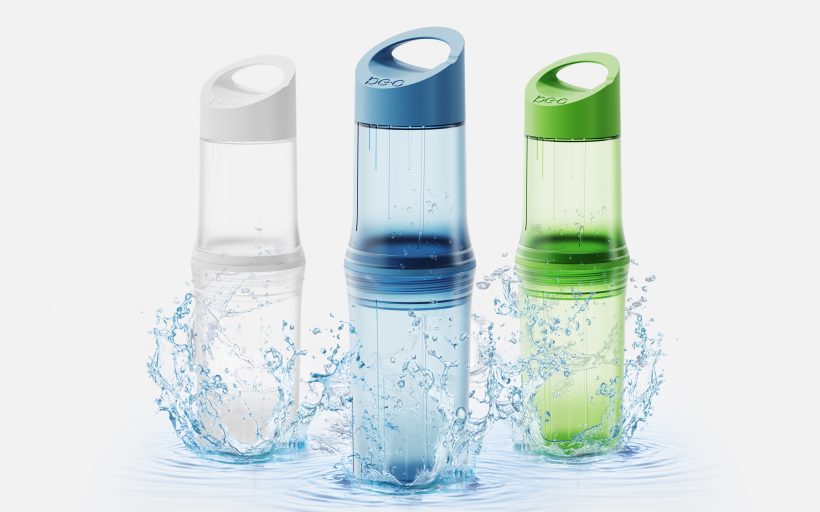
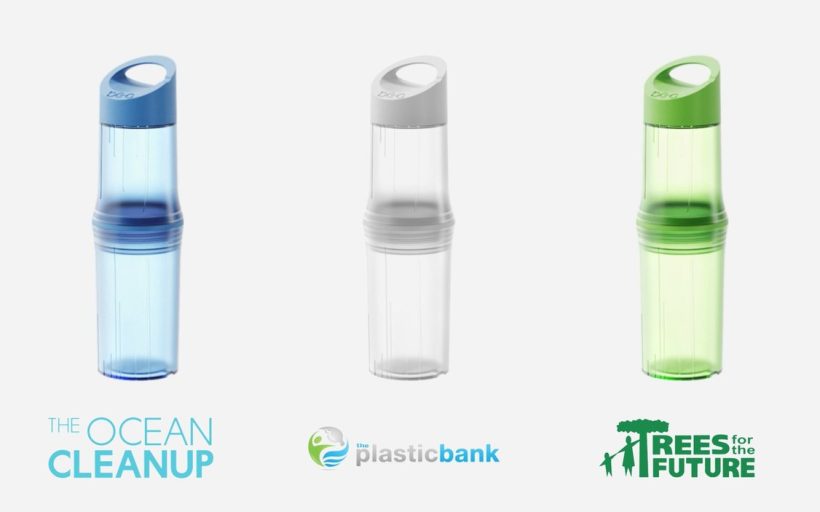
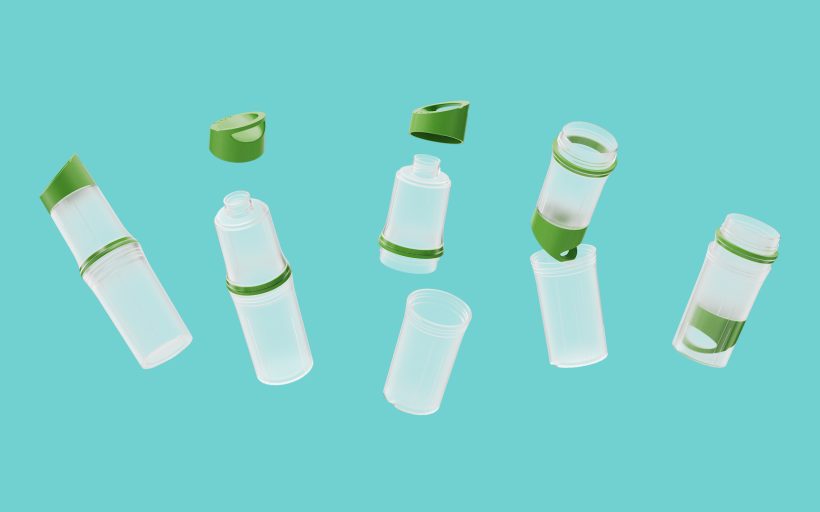
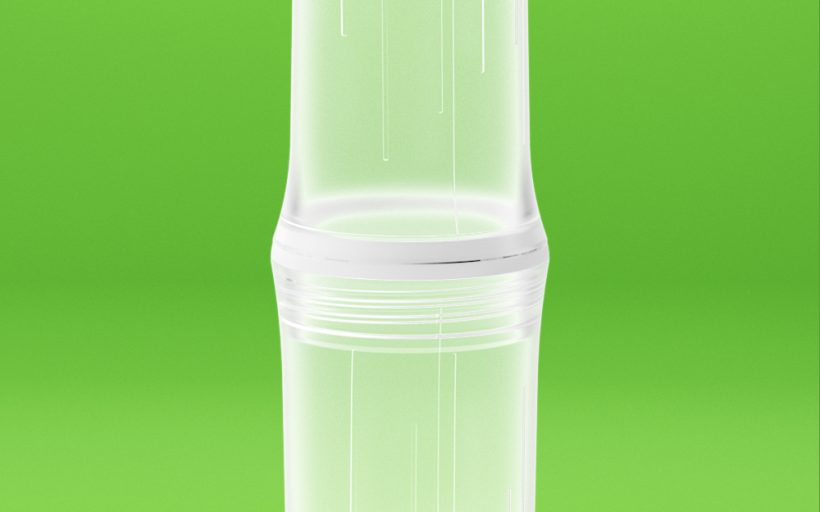
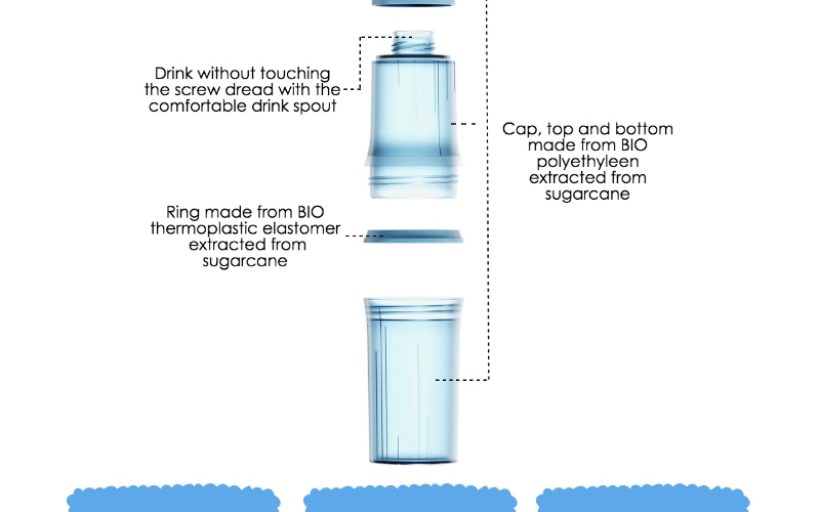
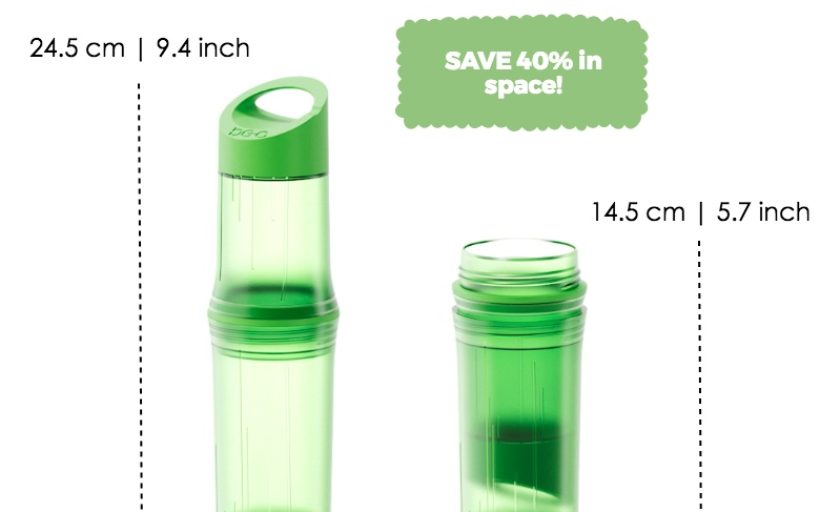
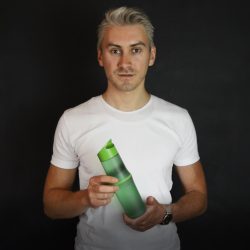
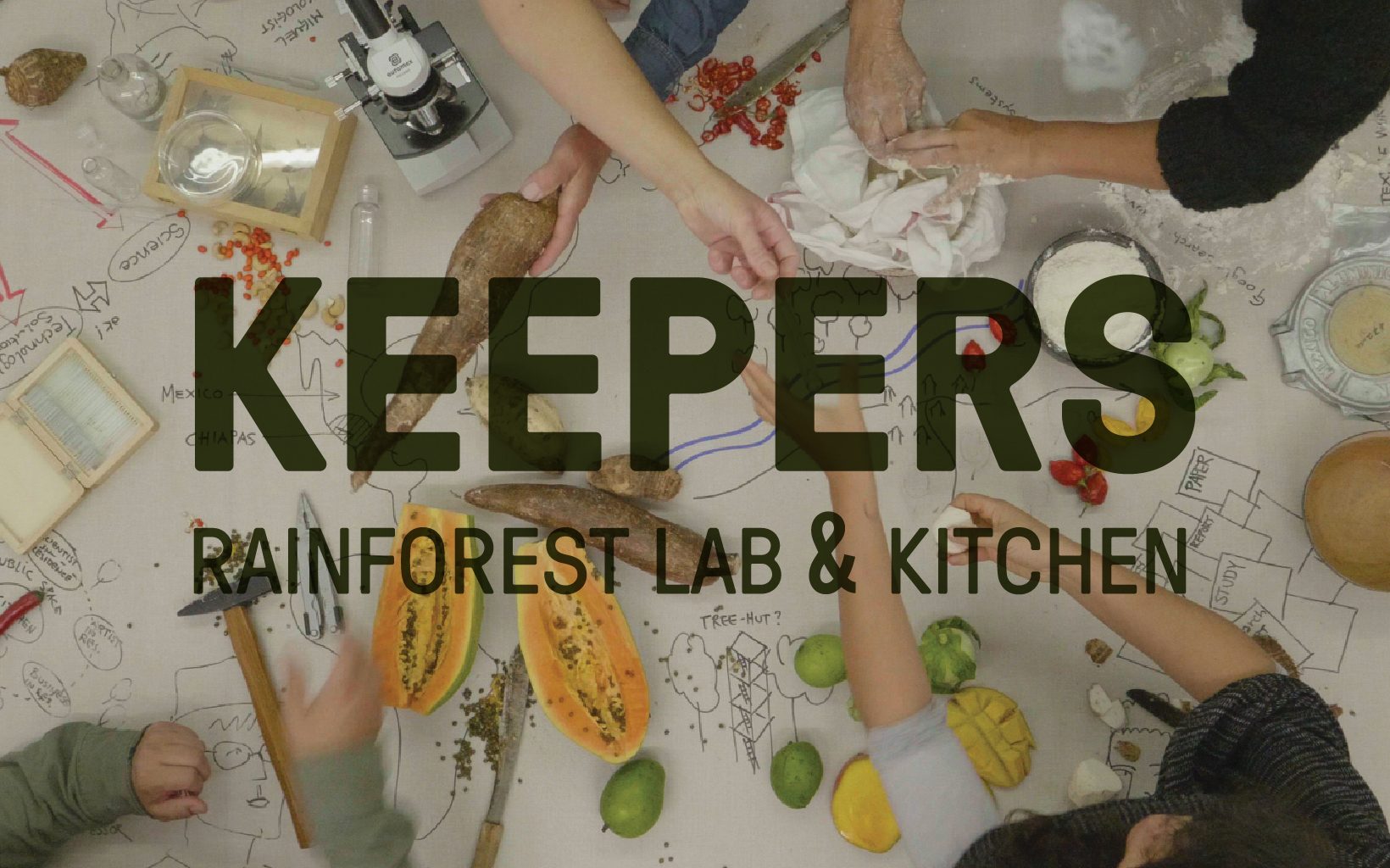
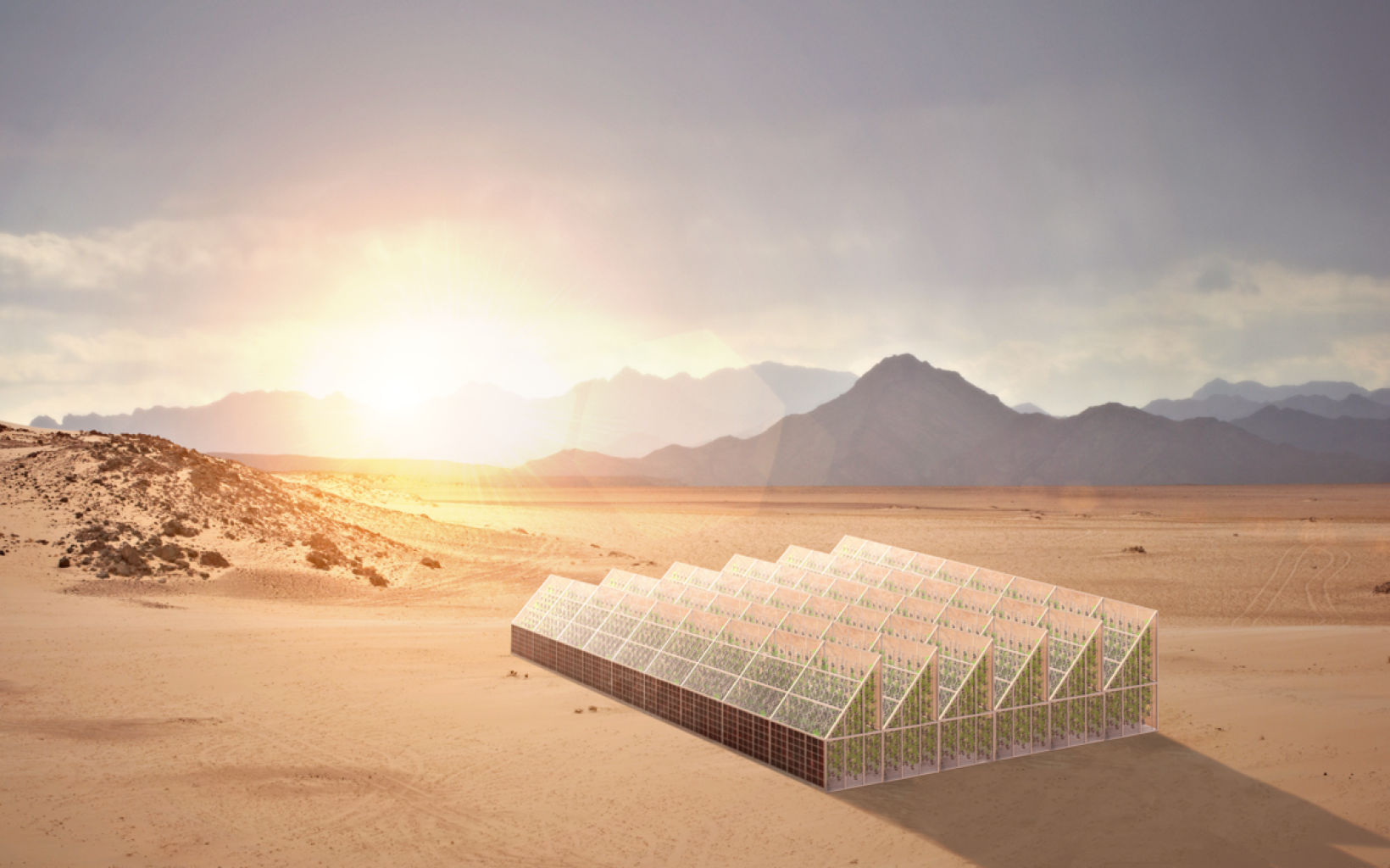
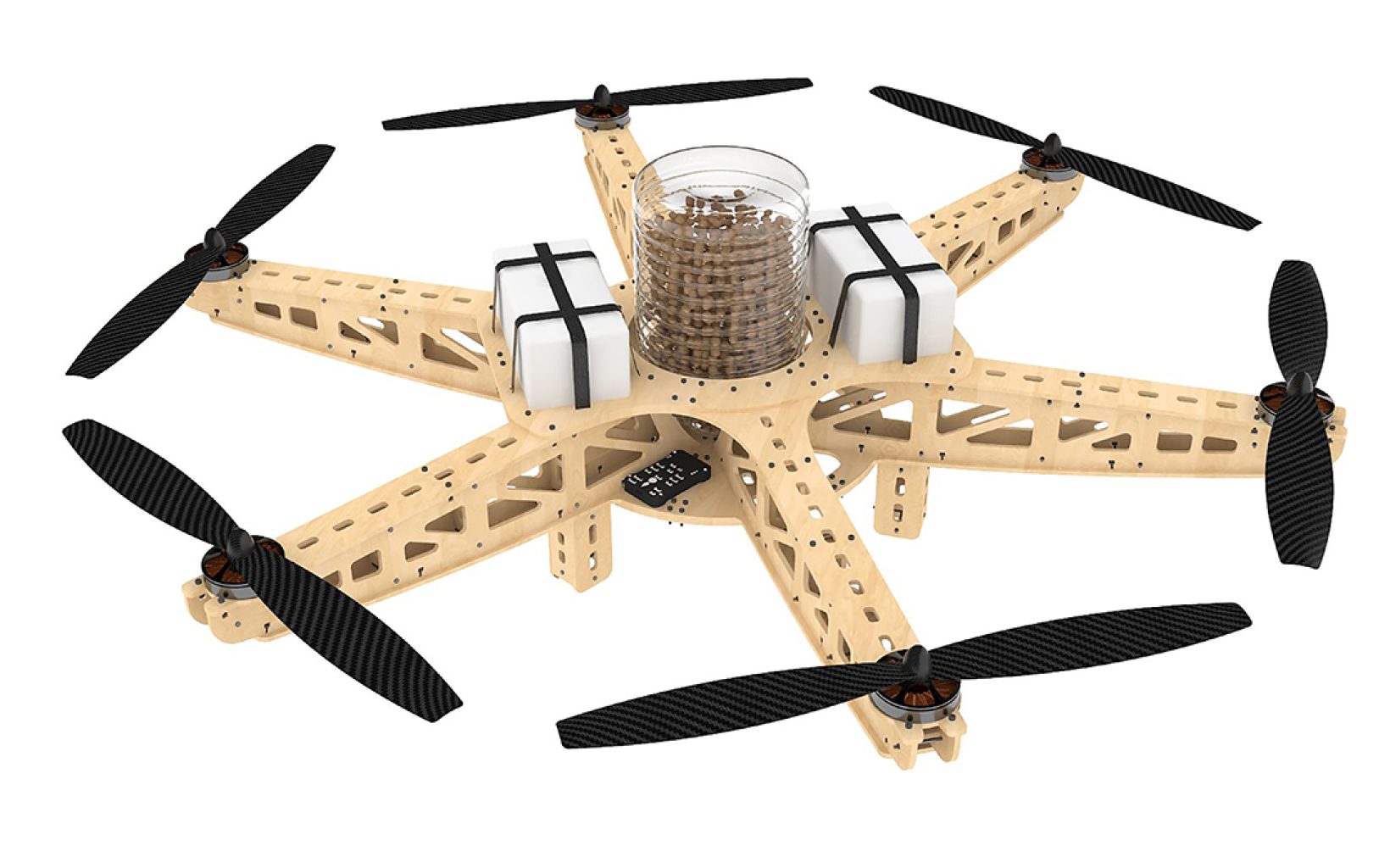
Share on social media.
Facebook
Twitter
LinkedIn
Mail